Getting A Fennec Fox Pet: Check Out The Pros & Cons!

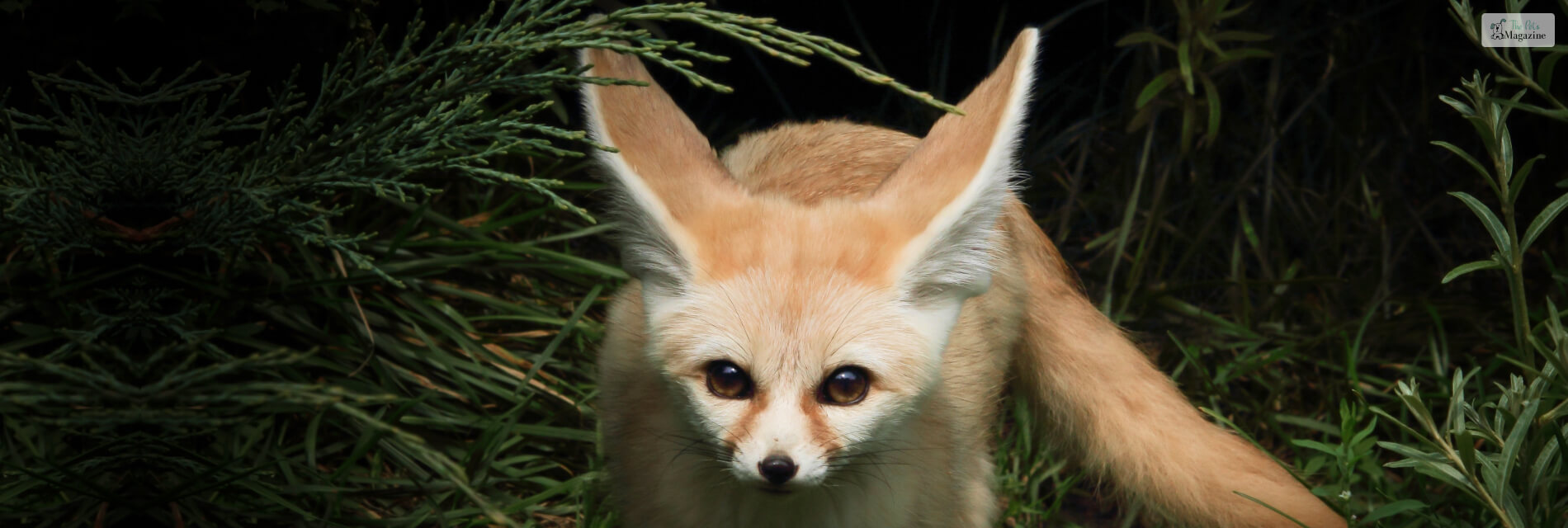
With a tiny body similar to that of a cat, comically oversized ears, playful antics, and undeniable cuteness, fennec foxes have captured the hearts of many animal lovers. These desert dwellers, native to North Africa, have become increasingly popular as exotic pets in recent years. But before you succumb to the charm and bring a fennec fox home, it’s crucial to understand the realities of caring for this unique creature.
Owning a fennec fox is not for the faint of heart. These are not domesticated animals, and their wild instincts come with a set of challenges. This article will delve into the pros and cons of keeping a fennec fox pet, helping you make an informed decision about whether this furry friend is the right fit for your lifestyle.
Pros Of Keeping Fennec Fox Pets
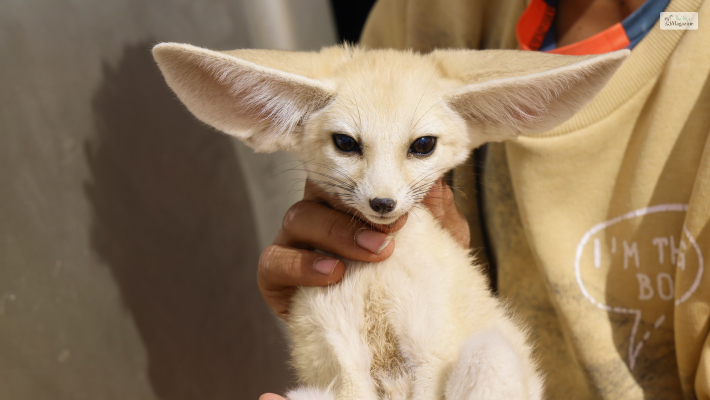
Keeping a fennec fox as a pet can be an intriguing idea for some people due to the unique characteristics and appealing appearance of these small desert animals. However, it’s important to note that fennec foxes are exotic pets and require specific care and consideration.
Here are some potential pros of keeping a fennec fox as a pet:
Adorable Appearance
While not as captivating as the Canadian Marble Fox, which was created through artificial and selective breeding, Fennec foxes are undeniably cute. They have distinctive features that include large ears, small but graceful physical features, expressive eyes, and a bushy tail. Many people find their appearance highly appealing.
Playful and Intelligent
Fennec foxes are known for their playful and curious nature. They can provide entertainment and engage in interactive play with their owners. With proper training and socialization and a lot of positive reinforcement and patience, they can be taught some tricks and games. However, don’t expect them to learn tricks like ‘stay,’ ‘sit,’ or ‘jump’ like a dog. But if you are persistent enough, you can teach them to use a litter box.
Compact Size
Fennec foxes are small in size, typically weighing between 2 and 3.5 pounds. They also grow approximately 9-16 inches in length. Their compact size makes them suitable for people living in apartments or smaller homes.
Low Odor
Compared to some other small mammals, fennec foxes have minimal odor. Regular cleaning of their enclosure and providing proper hygiene can help keep any potential smell under control.
Minimal Grooming
Moreover, Fennec Foxes are naturally clean animals. Like cats, they enjoy maintaining a clean appearance. Fennec Foxes groom themselves regularly using their forepaws and hind feet. In the wild, Fennec Foxes give themselves dirt baths to stay clean. Since domesticated Fennec Foxes cannot clean themselves this way, you can help your Fox maintain a clean appearance by spot-cleaning with a soft, damp cloth or pet-friendly wet wipes.
Cons Of Keeping Fennec Fox Pets
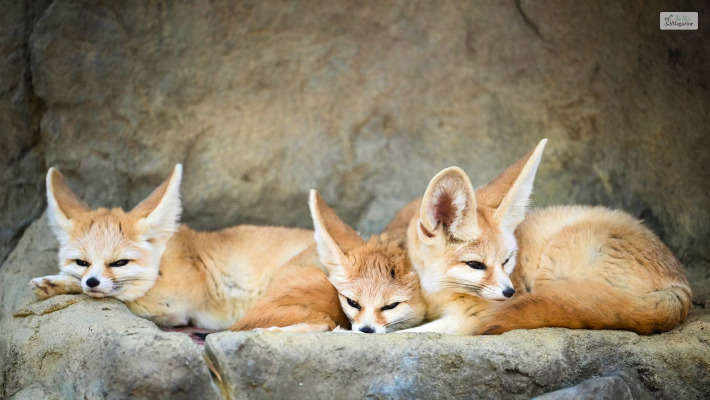
While the idea of keeping a fennec fox as a pet may seem appealing, there are several cons and challenges that should be taken into consideration before making such a decision.
Here are some potential cons of keeping a fennec fox as a pet:
Legal Restrictions
Fennec foxes are exotic animals, and their ownership is regulated or prohibited in many jurisdictions. It is essential to research and understand the legal requirements and restrictions in your area before considering a fennec fox pet.
Specialized Care
Fennec foxes have unique needs that can be challenging to meet. They require a specific diet consisting of a variety of fresh foods, including insects and high-quality meat. Their enclosure must be carefully designed to mimic their natural habitat, including providing ample space, proper ventilation, and places to dig and burrow.
Nocturnal Behavior
Fennec foxes lead a primarily nocturnal lifestyle. This means they are active at night and sleep during the day. This can be disruptive to your sleep schedule, as they may be noisy or demand attention during the night when you are trying to rest.
On the other hand, this behavior can be advantageous for individuals who work during the day or are night owls themselves and prefer pets that are more active during the evening hours.
High Energy and Attention Needs
Fennec foxes are active and require mental and physical stimulation. They need plenty of exercise and playtime to prevent boredom and destructive behavior. Meeting their energy and attention needs can be time-consuming and challenging for busy individuals or those with limited space.
Wild Instincts
Despite being bred in captivity, fennec foxes retain their natural instincts. They may exhibit behaviors such as digging, scent marking, or chewing on furniture and objects. These behaviors can be difficult to manage within a domestic setting.
Fennec Foxes are also highly vocal animals. They express their moods and feelings through a wide range of vocalizations, which include yapping, barking, purring like a cat, and squeaking. Hence, they are not suitable for individuals who live in apartments and/or looking for a quiet pet.
Veterinary Care
Finding a veterinarian with expertise in treating fennec foxes can be challenging. Their specialized medical needs and potential health issues require the attention of a knowledgeable and experienced exotic animal veterinarian, which may not be readily available in all areas.
Longevity
Fennec foxes have a relatively long lifespan for small mammals. In captivity, they can live up to 12-16 years when provided with proper care, diet, and a suitable environment.
While their long lifespan can be considered a pro, it can also be a con for some individuals. Owning a fennec fox is a long-term commitment that can span over a decade. It’s essential to consider the long-term implications and responsibilities of caring for a fennec fox throughout its lifespan.
Conservation Concerns
Fennec foxes are native to arid regions of North Africa and the Sahara Desert. Their capture of the exotic pet trade can contribute to population decline and negatively impact their conservation status in the wild. It’s crucial to consider the ethical implications of owning an exotic animal and prioritize the welfare and conservation of these species.
Before considering a fennec fox as a pet, it’s important to thoroughly research their needs, legal requirements, and potential challenges. It’s recommended to consult with experts and organizations dedicated to the welfare and conservation of exotic animals to make an informed decision.







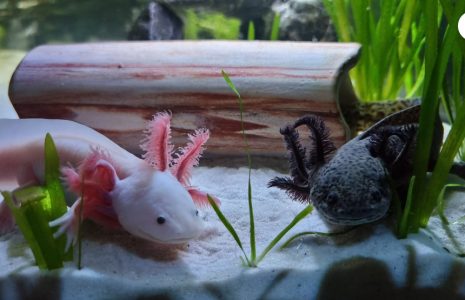
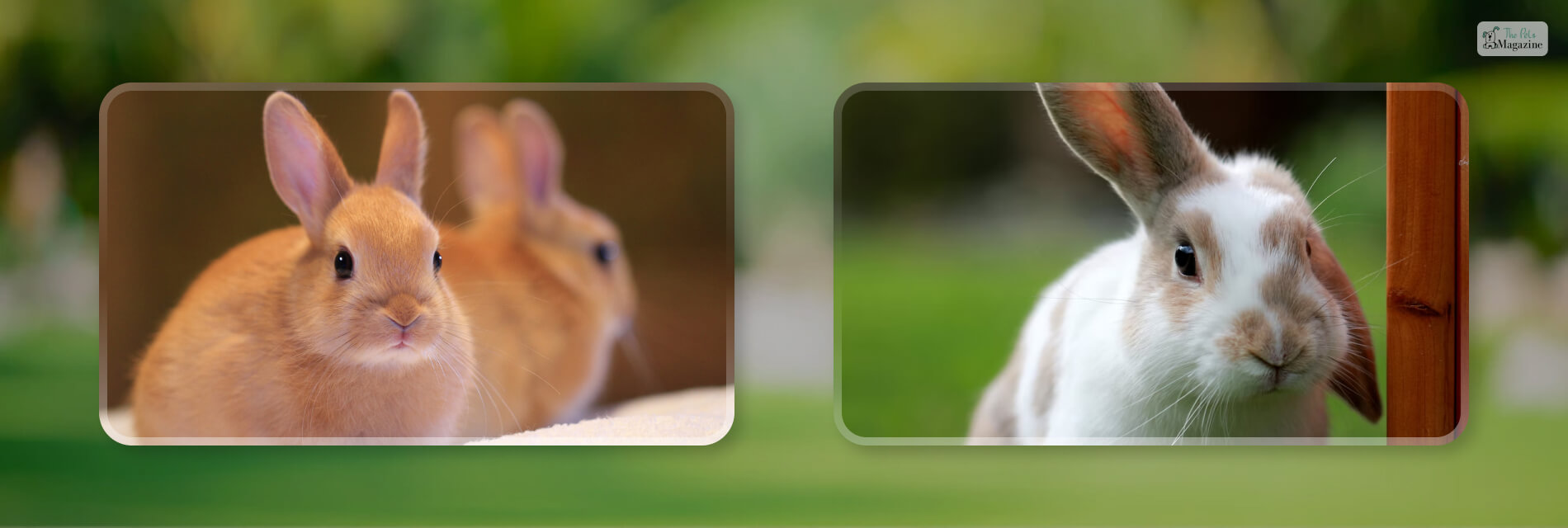
Leave A Comment